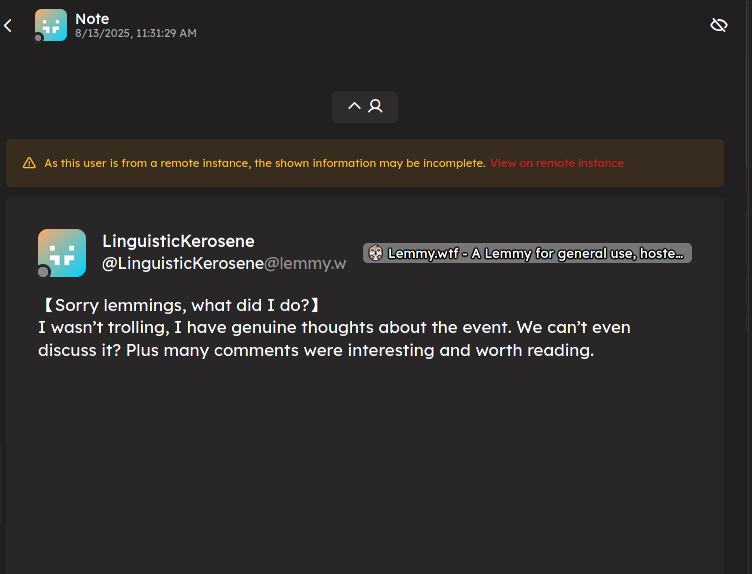

Is “a chimera mascot hybrid between a goat and an owl” a valid answer for the question’s constraint of “an animal”? I could even imagine a plot:
"(Luci appears holding a book, an apple and wearing glasses, inside an improvised classroom at the corner of a cemetery)
Greetings, little earthlings! It’s Professor Luci, your friendly teacher from a whole other world!
(Plays intro where Luci gleefully jumps and wanders through a cemetery while a modified and funnier version of “Masked Ball” song plays, then Luci opens wide black wings and starts flying upwards until disappearing from view for a couple of seconds, then Luci suddenly appears climbing from an open grave and starts walking cluelessly until stumbling and falling back into the grave in a funny manner)
Today we’re learning a funny play: we’re going to sing numbers!
On the nineteenth night, the Moon is bright,
Can’t you wait for the twenty-one?
Crows are soaring, thirteen are cawing,
Unknown to heavens, the thirteen ravens
Let the fifteenth crow caw, too!
Tell the fourteenth to join us, too!
(A crow mascot appears and perches above Luci’s goat horns) Hi, little friend! I can talk just like you! Be not afraid! We crows are smart and we can play, too!"









@gedaliyah@lemmy.world
In order to transmit/receive data during the night, a different carrier and modulation should be used: owls and a hoot-based Morse code (e.g. “ho-ho-ho-ho hooo-hooo-hooo hooo-hooo-hooo hooo” safely conveys “hoot” through the night skies).